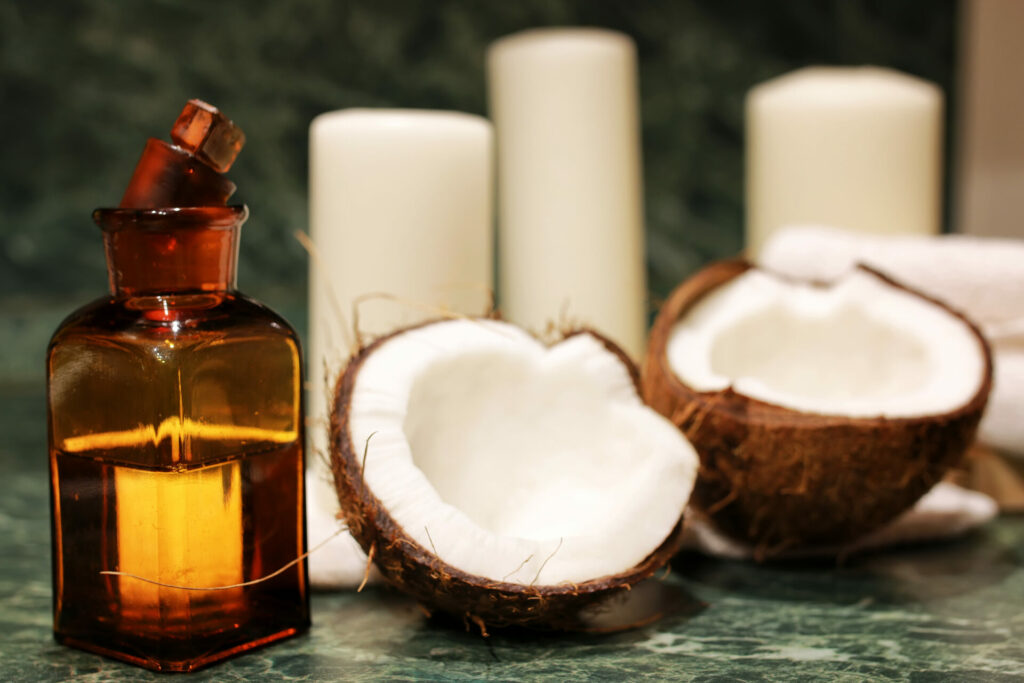
MCT Coconut Oil
What is MCT?
MCT Oil is a supplement made from a type of fat called medium-chain triglycerides. MCT molecules are smaller than those in most of the fats you eat. You can absorb MCT in your bloodstream quickly, and it turns it into the energy you can use.
Where does it come from?
We typically derive MCT Oil from coconut or palm kernel oil. We got it from coconut or palm kernel oil via a process known as fractionation. This separates and concentrates the MCT from the original oil.
What is it used for?
People use MCT to help with
- Fat or nutrient uptake issues
- Weight loss
- Appetite control
- Extra energy for exercise
- Inflammation
How does it work?
If you replace LCT with MCT, you may store less fat and feel fuller for longer. Hence, you may consume fewer calories. If you are elderly and weak, MCT Oil may help you gain strength. It can also assist your body in producing ketones, a carb-free energy source for your brain.
Preterm infants can benefit from adding MCT Oil to their infant formula. It can reduce the growth of a fungus called candida, which can cause infection. MCT contains lauric acid, which acts as an antimicrobial, breaking down bacteria and virus walls, which helps in treating and soothing skin infections.
MCT and the ketogenic diet:
How would MCT help?
Digestive problems:
If you have trouble digesting other types of fat or getting the nutrients you require, your doctor may have advised you to take more MCT. This can happen if you take certain medications or have
- Problems with the pancreas.
- Had part of your stomach removed.
- Small bowel resection.
- Small bowel disease.
- Short bowel syndrome
Seizures:
Diabetes:
Autism:
Neurological disorders:
MCT Oil may help with cognitive, memory, and judgment issues. Your brain may not use glucose well if you have alzheimer’s disease. Some experts believe that using ketones as an energy source instead may help your brain work more efficiently.
Heart disease:
A keto diet with MCT Oil can help you lose extra weight, which can reduce your risk of heart disease. It can also help lower LDL, the “bad” cholesterol, while also increasing your HDL, the “good” cholesterol.
How to use it?
Mix it into your coffee.
Make a smoothie with it.
Salad dressing.
It’s not a good idea to fry with most MCT Oil, as it has a low burning point.
The amount you should take is determined by how well you tolerate it and the benefit you seek. The maximum amount you should consume in a day is 4 to 7 tablespoons. Ideally, spread those tablespoons out over the course of the day. Prior to that, consult a dietitian to determine the best dose for you.
MCT risks
It’s safe to use MCT Oil moderately, but you should be careful when using it long term. Some negatives include:
- It has a lot of calories and may cause you to gain weight.
- Large amounts of saturated fat may raise your cholesterol.
- MCT may stimulate the release of hunger hormones, making you overeat.
- High doses could lead to fat build-up in the liver.













